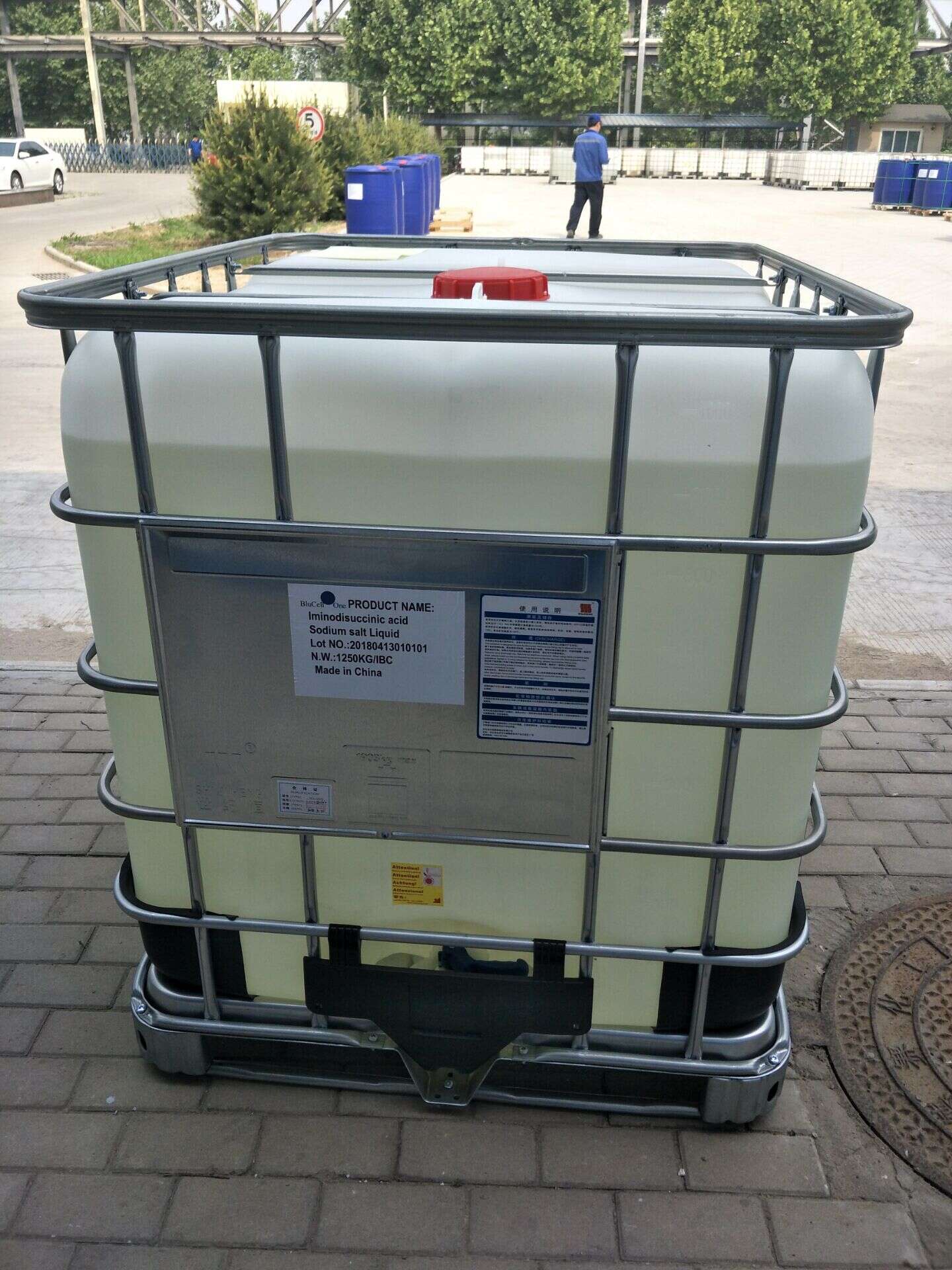-
Categories
-
Pharmaceutical Intermediates
-
Active Pharmaceutical Ingredients
-
Food Additives
- Industrial Coatings
- Agrochemicals
- Dyes and Pigments
- Surfactant
- Flavors and Fragrances
- Chemical Reagents
- Catalyst and Auxiliary
- Natural Products
- Inorganic Chemistry
-
Organic Chemistry
-
Biochemical Engineering
- Analytical Chemistry
-
Cosmetic Ingredient
- Water Treatment Chemical
-
Pharmaceutical Intermediates
Promotion
ECHEMI Mall
Wholesale
Weekly Price
Exhibition
News
-
Trade Service
BASF plans to expand its crop science business
German chemical giant BASF AG is acquiring a significant part
of Bayer's seed and non-selective herbicide business for €5.
9 billion in all-cash.
BASF announced that the transaction is expected to close in the first quarter of 2018 and is subject to the closure of Bayer's acquisition of Monsanto and the approval
of relevant regulators 。 BASF said the assets of the acquisition include Bayer's global glufosinate ammonium non-selective herbicide business, whose commercial brands are Liberty, Basta and Finale, as well as Bayer's key field crop seeds business in select markets, including InVigor-branded canola varieties using LibertyLink trait technology in North America, canola mainly in Europe, cotton from the United States and Europe, and soybeans
from the United States.
The transaction also includes Bayer's trait studies and cultivation capabilities for these crops, as well as LibertyLink traits and trademarks
.
U.
S.
base oil production and exports both increased
According to the U.
S.
Energy Information Administration (EIA), U.
S.
refineries achieved base oil production of nearly 30.
8 million barrels in the first half of this year, a significant increase of 5.
6%
compared with the same period last year.
Base oil production in the first half of the year included 25.
8 million barrels of paraffin-based base oils and 4.
9 million barrels of naphthenic base oils
.
Production of both base oils increased
year-on-year.
For comparison, U.
S.
paraffin-based base oil production and naphthenic base oil production of 4.
4 million barrels in the first half of 2016 were 24.
7 million barrels
.
Impressively, U.
S.
base oil exports reached 20.
9 million barrels in the first half of the year, which not only set an all-time high, but also meant that two barrels of every three barrels of base oil produced in the U.
S.
were exported
.
Previously, US base oil exports have been hovering in
the range of 40%~45% of production.
Most U.
S.
oil executives are bearish on oil prices
According to a survey released by consulting firm Deloitte Services, about two-thirds of U.
S.
oil company executives believe that oil prices will remain below $60 a barrel until 2018 and will not hit $70 a barrel
until at least the next decade.
The survey was based on a vote of 250 U.
S.
executives, including oil extraction, transportation, refining and natural gas companies, a shift
from last year's survey.
At that time, most respondents predicted that oil prices would rise and investment budgets would increase
.
This year's findings are even more grim, especially among shale oil and gas executives, whose current focus is on cost control and return on investment, most already believe that oil prices will not rise
.
India needs to increase its refining capacity to maintain fuel self-sufficiency
Wood Mackenzie recently said that India's state-owned refiners can only maintain India's self-sufficiency
in domestic transportation fuels by increasing refining capacity faster than in the past.
Sushant Gupta, head of research for Asia refining at Wood Mackenzie, said: "As the balance of oil demand growth is tilting towards India and Southeast Asia, these markets will lead the growth in refining capacity in
Asia.
This is an important shift for Asian refining markets, given the slow
pace of refining capacity growth for Indian and Southeast Asian national oil companies in the past.
India has 21 refineries with a combined refining capacity of about 4.
6 million bpd, accounting for 13 percent of the Asia-Pacific's total refining capacity, 60 percent of which is owned
by national oil companies, Wood Mackenzie said.
Alay Patel, senior analyst of Wood Mackenzie's Asia upstream business, said that while the outlook for domestic transport fuel production is optimistic as some new capacity is planned, India still needs to add more refining capacity to significantly increase the supply
of transport fuels.






